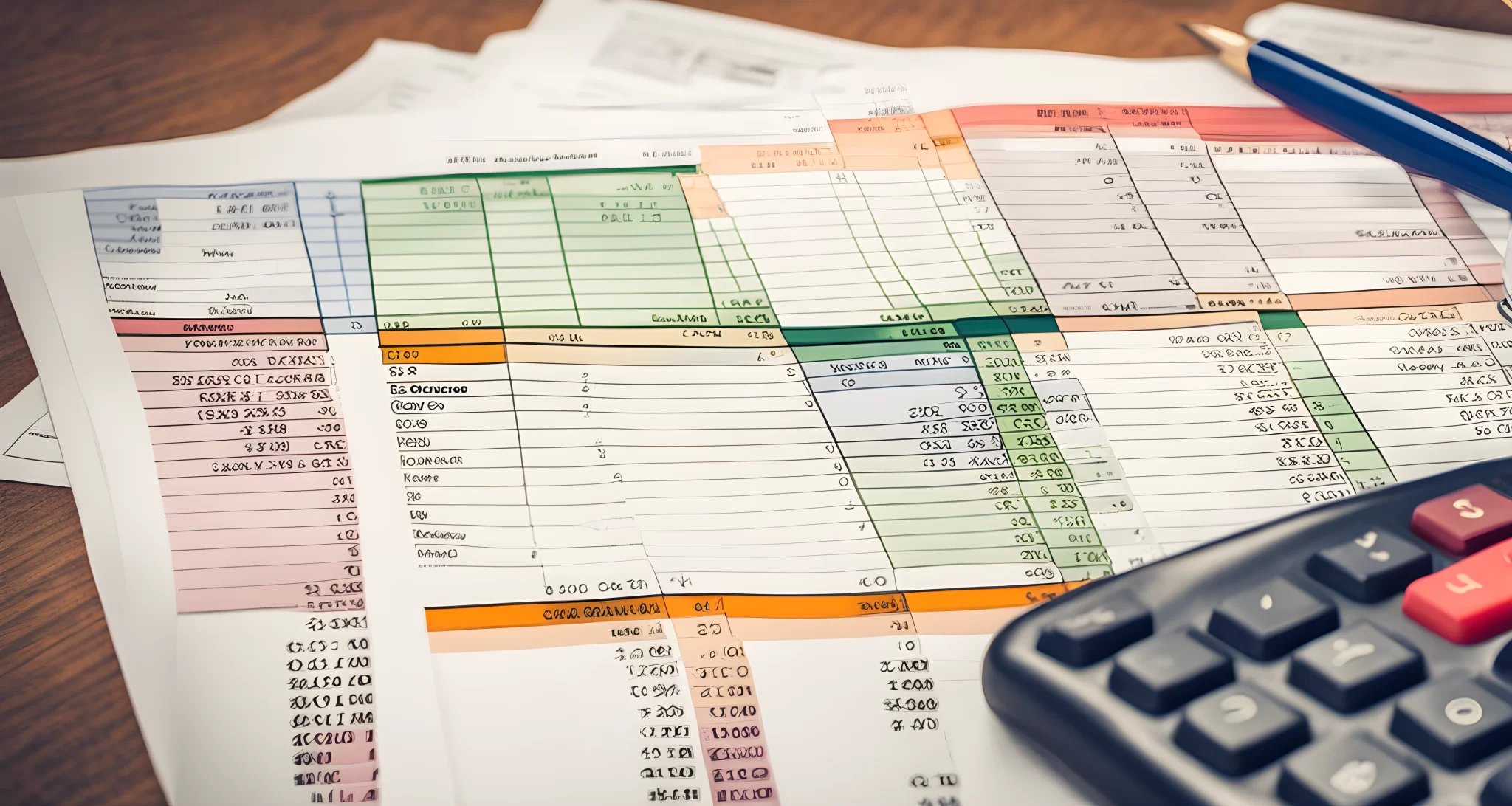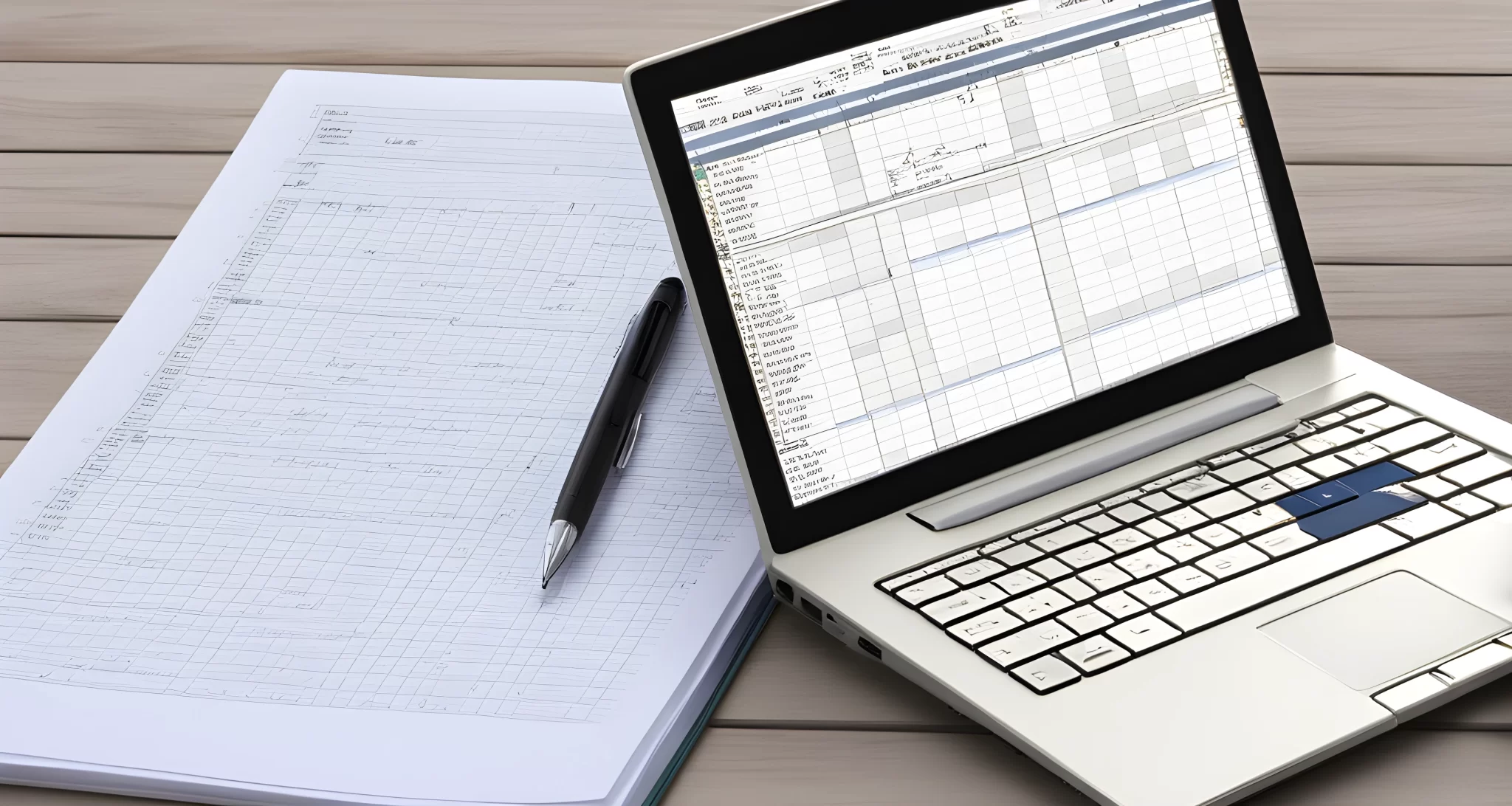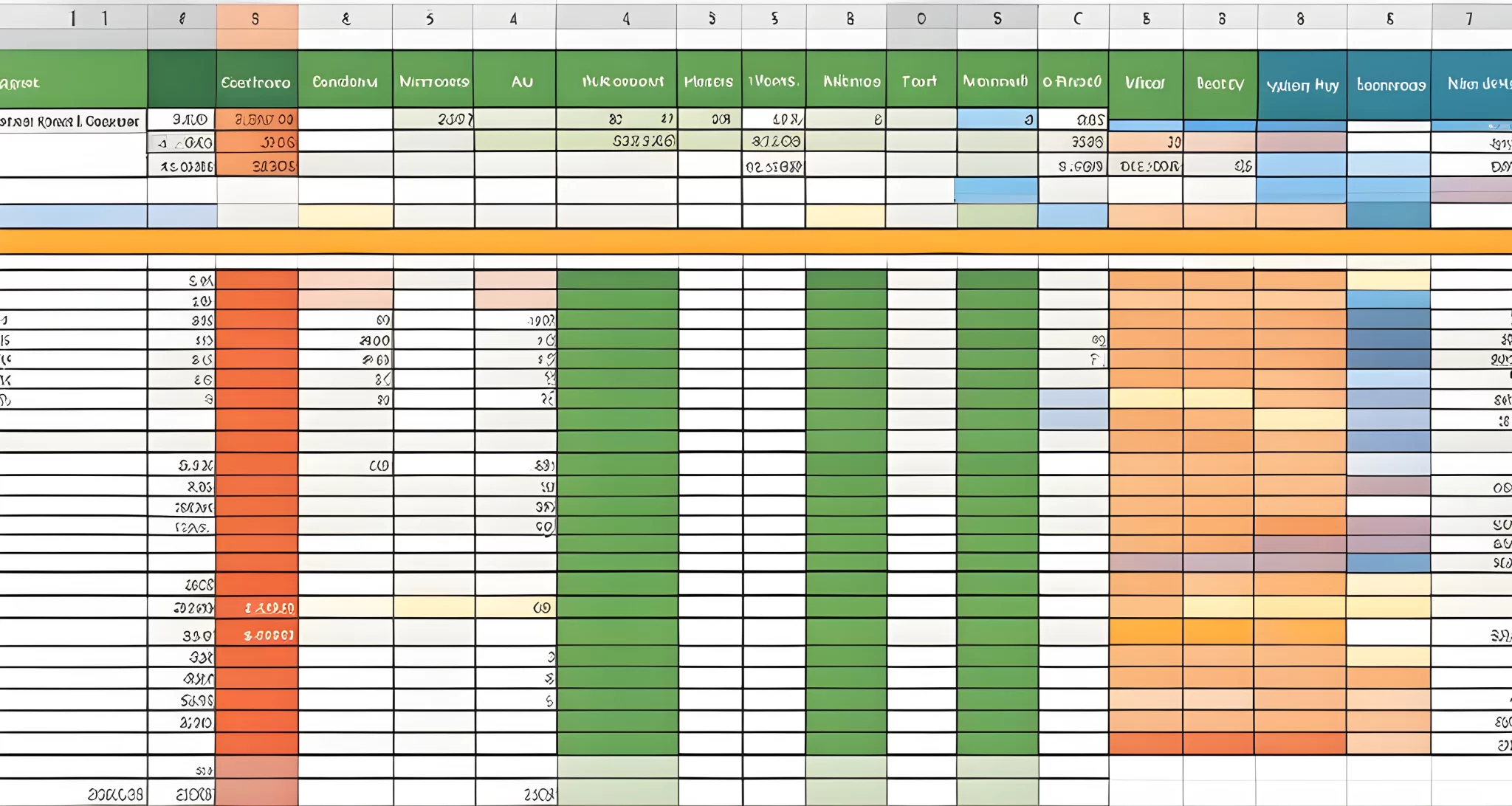Introduction: Importance of Creating a Budget
Creating a budget is an essential step in managing your spending habits effectively. A budget is a plan that shows you how to spend your money each month, helping you ensure you have enough money for your needs and goals. It involves tracking your income and expenses, setting realistic financial goals, and adjusting your spending to stay on track.
In today’s economy, where financial security is a top concern for many individuals and families, having a budget in place is more important than ever. With the rising cost of living and economic uncertainty, being able to manage your finances effectively can provide peace of mind and stability Today’s Economy Financial Security.
By creating a budget, you can gain a clear understanding of where your money is going and make informed decisions about how to allocate it. This can help you avoid overspending, build up savings, and prepare for unexpected expenses, ultimately contributing to your overall financial security.
Additionally, a budget can also help you prioritize your expenses and identify areas where you may be able to cut back or save money. Whether it’s reducing discretionary spending or finding ways to lower recurring bills, having a budget empowers you to take control of your finances.
Ultimately, the importance of creating a budget lies in its ability to provide financial stability and confidence in the face of economic challenges. With a well-planned budget in place, you can navigate the ups and downs of the economy with greater ease, ensuring that you have the resources you need to support yourself and your family.
In the following sections, we will delve deeper into the different aspects of creating a budget, including calculating net income and tracking expenses, setting realistic financial goals, making a budget plan and prioritizing expenses, as well as reviewing and adjusting the budget regularly. These steps will guide you towards achieving greater financial security in today’s economy.

Calculating Net Income and Tracking Expenses
When it comes to creating a budget, the first step is to calculate your net income. This is the amount of money you take home after deductions. It’s essential to have a clear understanding of how much money you have available to allocate towards expenses and savings. To do this, you can use a paycheck calculator or simply subtract any deductions from your gross income.
After calculating your net income, the next step is to track your spending. This involves listing both your fixed and variable expenses. Fixed expenses are regular monthly bills that remain consistent, such as rent or mortgage, utilities, and car payments. On the other hand, variable expenses may change from month to month, such as groceries, gas, and entertainment.
Tracking your expenses allows you to gain insight into where your money is going and identify areas where you may be overspending. By understanding your spending habits, you can make more informed decisions when creating a budget.
For those looking to improve their financial situation and reduce economic pressure, it’s essential to address spending habits and make necessary adjustments. By keeping track of all expenses, individuals can gain a clearer picture of their financial standing and make informed decisions about how to allocate their funds.
By examining spending patterns and identifying areas of overspending, individuals can make necessary adjustments to their budget. This may involve finding ways to reduce variable expenses or renegotiating fixed expenses such as utility bills or insurance premiums.
For further tips on addressing financial strain and improving budgeting skills, check out this article on Economic pressure solutions. It provides valuable information on managing finances effectively and finding solutions for economic pressure.
By taking the time to calculate net income and track expenses, individuals can set themselves up for success when creating a budget that aligns with their financial goals. This process sets the foundation for making informed decisions about how to prioritize expenses and allocate funds effectively.

Setting Realistic Financial Goals
Setting realistic financial goals is an important step in creating a budget to address spending habits. It’s essential to have a clear understanding of your financial situation and to set achievable objectives that align with your income and expenses.
One common financial goal is to save for an emergency fund. Having a safety net of savings can provide peace of mind and protection against unexpected expenses. Another goal could be paying off debt, which can significantly improve your financial stability and reduce stress. Additionally, saving for a major purchase, such as a home or car, is a long-term goal that requires careful planning and budgeting.
To set realistic financial goals, it’s crucial to make a plan by comparing your expenses to your net income. This will help you understand how much money you have available to allocate towards your goals. By setting specific spending limits for each category, you can ensure that you are prioritizing necessary expenses over discretionary spending.
For example, after calculating your net income and tracking expenses, you may realize that you have some discretionary spending that can be reduced in order to allocate more funds towards your financial goals. This may involve cutting back on non-essential purchases or finding ways to save on regular expenses. By making these adjustments, you can make progress towards achieving your financial goals.
It’s important to remember that setting realistic financial goals requires careful consideration of your current financial situation and the resources available to you. It’s okay to start small and gradually increase the intensity of your goals as you become more financially stable.
To learn more about managing debt wisely and setting realistic financial goals, check out our article on Smart Debt Control Strategies. This resource can provide valuable insights and strategies for achieving financial stability through effective debt management.

Making a Budget Plan and Prioritizing Expenses
Creating a budget plan involves more than just setting spending limits. It also requires prioritizing expenses based on your net income and financial goals. By prioritizing necessary expenses over discretionary spending, you can ensure that your budget is aligned with your overall financial objectives.
When making a budget plan, it’s important to regularly review and adjust your spending to stay on track. This means looking for opportunities to cut back on discretionary spending and considering adjustments to fixed expenses if necessary. Even small savings can add up over time, so it’s essential to be mindful of where your money is going.
To effectively prioritize expenses in your budget plan, start by categorizing your expenses into necessary and discretionary spending. Necessary expenses include things like rent or mortgage payments, utilities, groceries, and transportation costs. Discretionary spending, on the other hand, includes non-essential items like dining out, entertainment, and luxury purchases.
Once you’ve categorized your expenses, allocate specific spending limits for each category based on your net income. This will help ensure that you’re not overspending in any area and that you’re able to meet your financial goals.
A helpful tip for prioritizing expenses is to consider the 50/30/20 rule, which suggests allocating 50% of your income to necessary expenses, 30% to discretionary spending, and 20% to savings and debt repayment. This can serve as a starting point for creating a balanced budget that aligns with your financial priorities.
In addition to setting specific spending limits, regularly reviewing and adjusting your budget is crucial for staying on track. Look for opportunities to cut back on discretionary spending and consider adjusting your fixed expenses if necessary. Remember that even small savings can add up over time Small Business Budgeting Tips.
By making a budget plan and prioritizing expenses based on your net income and financial goals, you can ensure that you’re effectively managing your money and working towards a more secure financial future.

Reviewing and Adjusting the Budget Regularly
Once you have created and implemented your budget, it’s important to regularly review and adjust it to ensure its effectiveness. By reviewing your budget regularly, you can track your progress, identify any areas where you may be overspending, and make necessary adjustments to stay on track.
Regular budget reviews allow you to assess your spending habits and make changes as needed. This could involve cutting back on certain expenses, finding ways to increase your income, or reallocating funds to better align with your financial goals. It’s also a good opportunity to celebrate any milestones or successes you’ve achieved along the way.
By adjusting your budget regularly, you can ensure that it remains realistic and achievable. Life circumstances change, and so do financial priorities. By making adjustments as needed, you can adapt to these changes and stay on course towards achieving your financial goals.
In addition to reviewing and adjusting your budget on your own, it can be beneficial to seek the advice of a financial advisor or accountant. They can provide valuable insight and guidance to help optimize your budget and make it work for you.
Remember, a budget is not set in stone – it’s a living document that should evolve with your financial situation. By staying proactive and regularly reviewing and adjusting your budget, you can take control of your finances, meet your financial goals, and achieve a higher level of financial comfort.
For more tips on overcoming financial obstacles and achieving success, check out our article on Overcoming Financial Obstacles.
Creating a Budget to Address Spending Habits is an important step towards financial stability and success. Regularly reviewing and adjusting your budget is crucial for its effectiveness and plays a critical role in helping you achieve your financial goals.
FAQ
Why is creating a budget important?
Creating a budget is important because it helps you manage your spending effectively, ensuring you have enough money for your needs and goals. it provides a plan for how to spend your money each month.
How do i start creating a budget?
To start creating a budget, calculate your net income (take-home pay after deductions) and track your spending by listing fixed and variable expenses. set realistic financial goals and prioritize necessary expenses over discretionary spending.
Why should i regularly review my budget?
Regularly reviewing your budget allows you to adjust your spending to stay on track. it also helps you identify opportunities to cut back on discretionary spending and make necessary adjustments to fixed expenses.
What are the benefits of sticking to a budget?
Sticking to a budget allows you to take control of your finances, meet your financial goals, and achieve a higher level of financial comfort. even small savings from sticking to a budget can add up over time.
